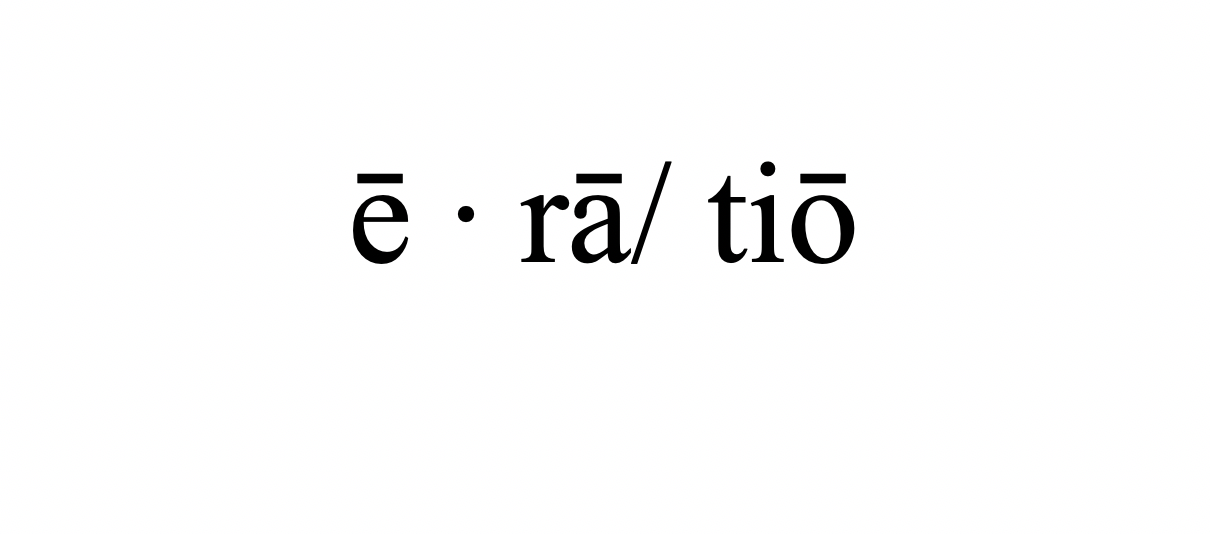Christopher Manieri
interviewed by Gregory Vincent St. Thomasino
2024
There is a keen sense of interiority here, in Ascent. I’d like to ask about your method, and, do you keep a journal?
I’ve always been a very pensive person, inclined towards contemplations on human existence and the cosmos. For many years I’ve kept a journal of reflections and several of those thoughts have served as the foundation for poems. I often write in the early mornings, with most productivity and creativity at this time.
In relation to the writing process itself, I find there are two main pathways which work best. Often, an idea for a poem will emerge, usually an entire concept. The work then involves determining the most effective means of conveying these thoughts and emotions into words, into language which best expresses the idea. Of course, these ideas are often connected to previous contemplations and sometimes it is necessary to further develop and refine the thoughts.
The second way is more of an immediate, intuitive experience where the first few lines of a potential poem come to me, arising with a certain emotion, and then I strive to complete the piece in alignment with the underlying idea. The completion of a poem, especially when it is inspired in this way, definitely brings a sense of meaning and fulfillment.
Even a poem that begins, or that is sparked by, reflection, is it not first born in or given to us in perception, in something experienced in the world outside ourselves? And, the idea of “sense of place,” how has sense of place shaped your perceptions, your growth as a poet? Can we ever get beyond our sense of place to truly know ourselves?
I definitely agree that poetic reflections are influenced by experiences and perceptions of the world. Naturally such perceptions are shaped by individual personality and emotional factors, by certain internal narratives. Even more, our interpretation of and reaction to human existence itself is shaped by psychological factors. For example, I’ve always been especially cognizant and sensitive to the underlying pain and transience of life, to the tragic dimension of existence, that sense of lacrimae rerum. And many have noticed that there is a certain elegiac, nostalgic and existentialist quality to my work. Another individual however, with a different mentality, may not be as troubled by the transience of life, or by the inevitability of death. And yet the Athenian characterized philosophy as essentially preparing for death. And the poetry that has always inspired me the most is constantly intersecting with the philosophical, with that love of wisdom.
In terms of a “sense of place,” I grew up in a suburb of Toronto, Ontario. With my Italian-Canadian background, I feel blessed to live in Canada and also have a deep love of my Italian roots, with a passionate interest in Italian literature and culture. But I don’t think writers, or anyone for that matter, can truly be understood solely through such identities or environmental influences. Though shaped by several particulars of locality, language, culture and time period, one of the great and inspiring things about literature is that it has the capacity to transcend such particulars and ascend towards the universal, reaching the common and unifying elements of human experience. Even with a very individualized voice, and even acknowledging the significance of context, literature can still aspire towards a timeless quality of beauty and sublimity, which is not reducible to socio-cultural or historical factors. And many moderns forget or dismiss the sacred dimension of beauty itself, in the Neoplatonic sense. On a side note, I’ve always had an interest in the revival of Neoplatonism in Renaissance Florence and its influence on the arts.
Returning to sense of place, I will focus on one aspect which I think is especially relevant. In childhood, my family often visited Georgian Bay, a bay of Lake Huron in southern Ontario. The beauty of the lake and the wonder of the natural world itself made a deep impression on me as a child—a time of much joy. Later in life, when struggling with emotional pain, the lake and even the natural world developed a certain symbolic resonance for me, connected to that earlier joy of youth. At the same time, I have come to realize that some types of suffering can actually have a certain value, even necessity, in that they serve as the stimulus for deeper searching, deeper contemplations and ultimately to spiritual growth. This relates to Aeschylus and his dictum of pathei mathos, wisdom through suffering, and also with Keats in his view of the world as a “vale of soul-making.” So pain can definitely spark the spiritual quest and yet also creates a certain tension between the usual active life (vita activa), especially dominant in modernity, and the contemplative life (vita contemplativa), with the quest for a sufficient synthesis being a source of several of my earlier reflections. In fact, this tension was also noticeably evident in Renaissance Tuscany among several humanists, including in the writings of the poet Petrarca, who yearned for the Divine, but also for worldly achievement.
You’ve asked if we can ever get beyond our sense of place to truly “know ourselves.” I do believe we can have deep intuitions which go beyond our sense of place and such influences. That ancient maxim “Know thyself” comes to mind as well the Upanishads of the Vedas. We definitely have different levels of identity as human beings, but your question is ultimately metaphysical at its core: can we really transcend the conditioned phenomenal to know our true Self, to know our true nature, to know Reality itself? This is related to the spiritual quest. And it’s ultimately beyond language. It’s ineffable, beyond conceptualization. Each individual really has to come to a conclusion on their own, through their own experience.
How long did you work on Ascent? There’s a level of concentration in these poems that never sags, how did you sustain that? And you mention inspiration, was anything other than language and idea involved, for example Dante had his Beatrice. Or, did you ever consider seminary?
I worked on Ascent for about a year. Yes, I aspired towards thematic consistency, but at the same time my mind naturally gravitates towards certain reflections, towards questions and contemplations of an existential, spiritual, and philosophical kind. So it was not really very difficult to maintain the underlying focus of the poetry. In terms of inspiration, I have had certain deep intuitions about existence which have stirred me to express myself through the written word. And those intuitions have led to deeper contemplation.
I never really considered seminary. I believe that writing is my calling, my mission.
Clarity
Immersed in this forest, I finally found
a pathway, walking out to the open plain
in the refreshment of the spring breeze.
Standing in silence, a mountain towering
in the distance, I watched this serene river
as it joined the shimmering sea.
In awe of the cosmic flow, I was energized
by this gratitude for life itself, for the infinite
possibilities of the mind, for the experience
of individuality connected to the totality,
even for all the various gyrations of grief,
a necessary part of the voyage towards vision.
And on that day, in that endless moment,
everything was clear.
Read more about Christopher Manieri and Ascent at Amazon.


